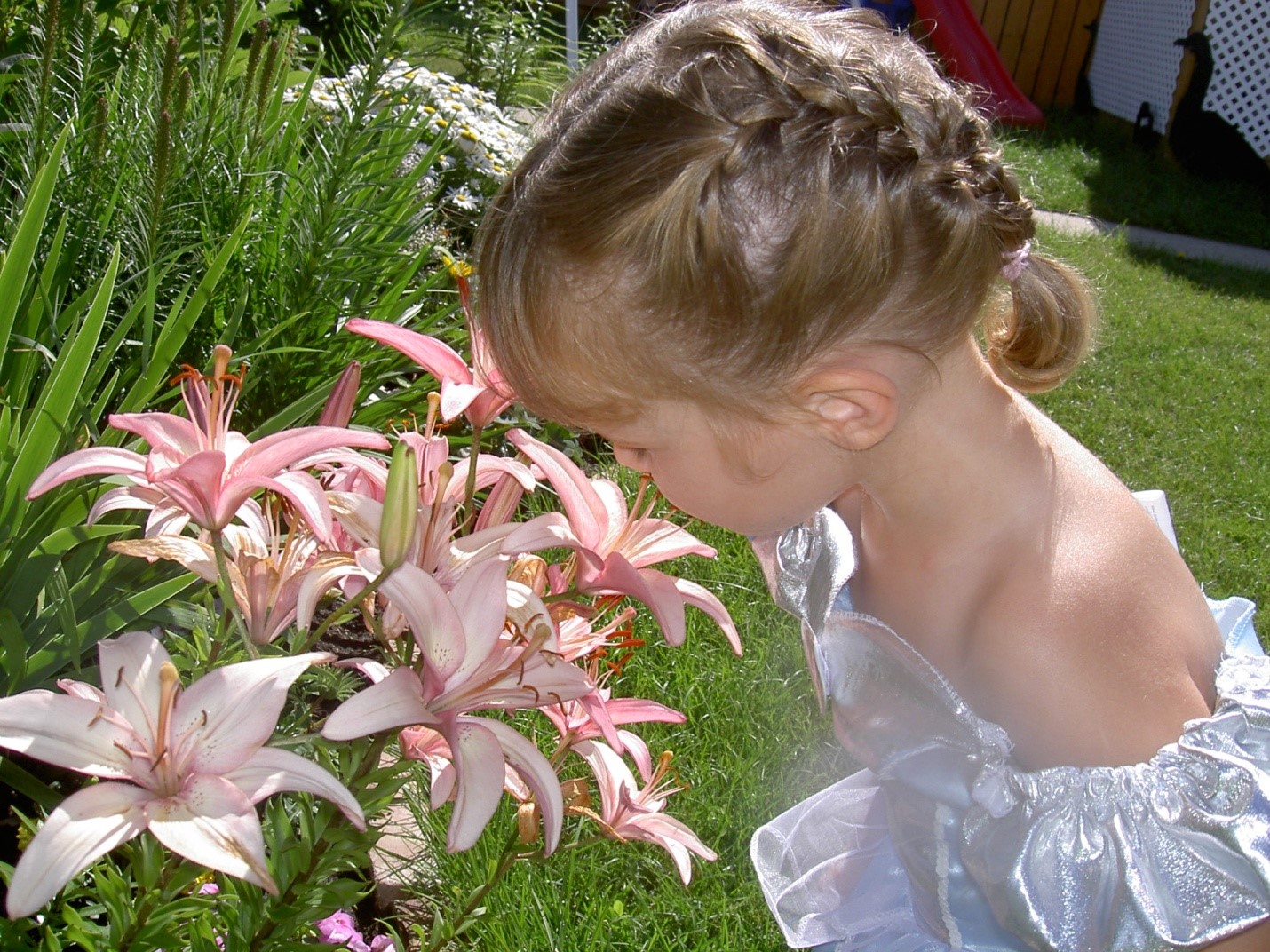Organic Land Care Part 2
Part Two of our Pacific Horticulture College Student Blog Series on Organic Land Care. Find Part One here.
We reap What We Sow
by Darlene Rice
This past month at Pacific Horticulture College, we were fortunate to meet Christina Nikolic of the Organic Gardener's Pantry. Through her extensive presentations she introduced us to Organic Land care.
What is Organic Land care you may be wondering? Gaia College defines it as;
Organic land care (OLC) is how we design, install and maintain landscapes to promote and preserve the health of the environment. OLC includes alternatives to the pesticides and fertilizers that endanger our health. The goal is to use just what Nature gave us – no chemicals! OLC creates green spaces that thrive year after year; resilient to pests, weeds, and drought. It's about Healthy SOILS, Healthy PLANTS, Healthy ECOSYSTEMS.
Sounds simple, right? Is it that hard to do? Well, it involves knowledge of:
- Testing and analysis including;
- Soil characteristics
- Nutrients of the harvest
- Soil Effective Microorganisms (EM)
- Fertilizers and soil amendments such as;
- Broadspectrum fertilizers
- Compost tea
- Biochar
- Inoculents
- Ideal soil characteristics like;
- The 3 M's; Microorganisms, Mulch, Moisture
- pH
- CEC
- Nutrients
- salinity
- and organic growing methods;
- IPM (integrated pest management)
- No till gardening
- Cover crops
Some of this might you may already be familiar and have already implemented into your garden. For others, this might be all new to you. Regardless of your starting point, it's vital that we understand that there's a connection between us and the pollinators, worms, rivers, oceans…everything!
Fine, fine, I won't jump up on my soapbox this round. But seriously, we have a young inspiring 15 year old Swedish activist Greta Thunberg a on a school strike for climate action. Vancouver Island has its very own Bea Johnson teaching through example of how to create a Zero waste home through simplifying. Maybe it's up to the gardeners here on the island to be the voice of our soils, plants, and ecosystems by emulating a sustainable and responsible level of gardening!
We need to keep it simple and think about our ecosystem and create optimal conditions for what lives in it to thrive. Our old ways of gardening habits may not be what is necessary for all situations. Things are changing around us and we need to adapt with it. How do we do that? If we don't know the answer, we need to seek out others who know more and learn from what they have mastered. What we can do is try our best to do things that we believe that will make a difference, even when the path is not always clear.
“You can't connect the dots looking forward; you can only connect them looking backwards. So you have to trust that the dots will somehow connect in your future.” ― Steve Jobs


